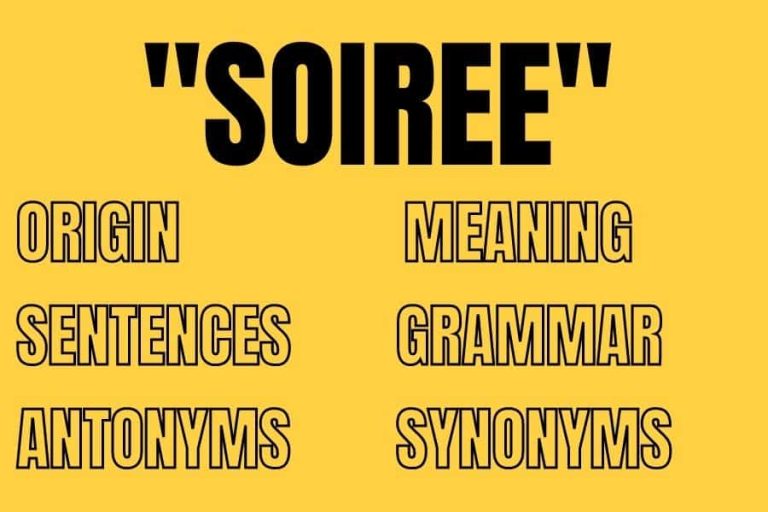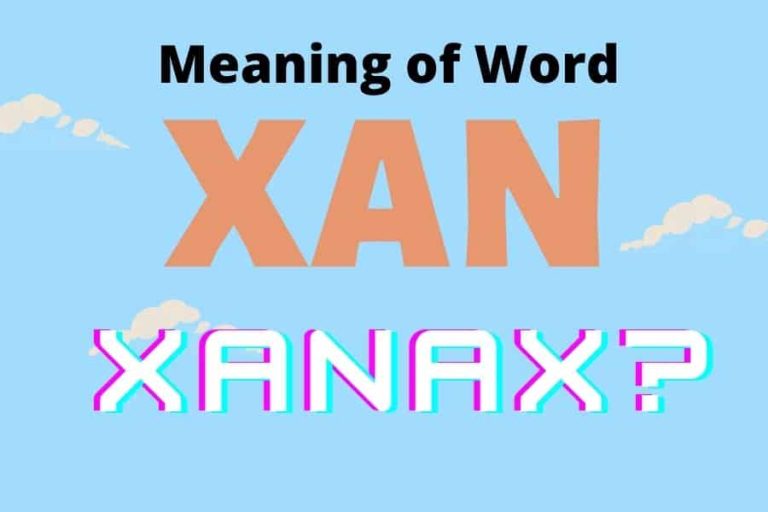If there’s one thing we all long for from time to time, it’s nostalgia. That bittersweet feeling of longing for the past, when things felt simpler and better.
We all experience nostalgia in different ways, but what is it exactly? Where does the word come from? And what are some of the most common uses of nostalgia?
In this post, we’ll explore the definition of nostalgia, its origins and some of the most popular ways to use it.
Read: Origin and Usage Of The Word Cringe
What is the meaning of nostalgic?
The dictionary definition of nostalgic is “a sentimental longing or wistful affection for the past, typically one’s childhood.”
We all have moments where we look back on our childhood and feel a strong sense of longing. We might remember simpler times when our biggest worry was picking out the perfect Halloween costume or whether we’d get a snow day off from school.
The word nostalgic was first used in the early 1800s, and it was derived from the Greek word nostos, meaning “homecoming.” The word nostalgia originally described a medical condition that caused soldiers to feel homesickness and long for their families and homes.
Today, the word nostalgic is often used to describe anything that reminds us of the past, such as music, movies or old photographs.

Where does the word nostalgic come from?
The word nostalgic is derived from the Greek words nostos (return home) and algos (pain).
Together, they form the word nostalgia, which is defined as a sentimental longing or wistful affection for a former place, time, or person.
In English, the term was first used in the early 1800s to describe a mental disorder marked by feelings of homesickness and despair.
Since then, nostalgia has evolved into a more general term used to describe any strong feelings of affection or love for something from the past.
How is the word nostalgic used?
The word nostalgic is often used to describe feeling or memories that are associated with a particular time in the past. It can also be used to describe things that people remember fondly, such as objects, music or scents.
The word nostalgia has Greek origins, meaning “pain from an old wound.” It was first used in the early 1800s to describe people who were homesick, and the feeling was thought to be caused by a physical pain in the heart.
Nowadays, nostalgia is considered more of a sentimental feeling than a physical pain. We often use it to describe our longing for a past era or a simpler time.
What are some synonyms for the word nostalgic?
Some other words that have a similar meaning to nostalgic are sentimental, reminiscent, and wistful.
Sentimental refers to things that evoke strong feelings of happiness, sadness, love, or anger. The word often describes objects or moments that remind someone of a past time or person.
Reminiscent is similar to nostalgic in that it often refers to memories, but it has a more specific connotation of recalling things with great accuracy and detail.
Wistful describes a feeling of longing for something that is not currently accessible. It can be bittersweet because it’s accompanied by sadness over what is not currently present, but also includes a glimmer of hope for the future.
Check: The Origin and Meaning of the Word ‘Xan’
What are some antonyms for the word nostalgic?
While nostalgic is usually thought of as a positive word, there are actually some antonyms for it. These words would be ‘apathetic‘ and ‘indifferent‘.
‘Apathetic‘ is defined as feeling or showing no interest or enthusiasm in anything. ‘Indifferent‘ is defined as not caring about or taking notice of someone or something.
What are some example sentences of the word nostalgic?
Nostalgic can be used as an adjective to describe things that evoke a feeling of nostalgia, such as music, movies, or photographs. It can also be used as a noun to describe a person who is nostalgic, or the act of feeling sentimental about past memories.
Here are a few examples sentences using the word nostalgic:
- The music from the ’90s brings back so many nostalgic memories for me.
- Watching The Notebook always makes me feel so nostalgic.
- I have a box of old photographs that I’m very nostalgic for.
How to pronounce the word ‘Nostalgic’?
The word ‘Nostalgic‘ is often mispronounced. The correct way to say it is nos-tuh-lig, not nos-tuh-lij. This word is derived from two Greek words, ‘nostos‘ meaning homecoming and ‘algos‘ meaning pain. So together, Nostalgic means a longing for home.
Check: The Meaning And Origin Of The Word “Salient”
Conclusion
Check Collins Dictionary to learn more about the word nostalgic.
The word nostalgic is derived from the Greek word nostos, meaning homecoming, and algos, meaning pain or ache. Combined, the word means a longing for home. Nostalgia is often triggered by memories, places, smells, or objects that remind us of a time gone by. It can be a positive or negative feeling, but usually it’s a mix of both.
We can experience nostalgia solo or with others, and it can be sparked by happy or sad memories.
Nostalgia has been around for centuries and has been used in various ways. Today, it’s often associated with feelings of happiness and longing, but it can also be bittersweet or even painful. Whether you’re feeling nostalgic right now or not, it’s an interesting emotion to explore. Thanks for reading!






